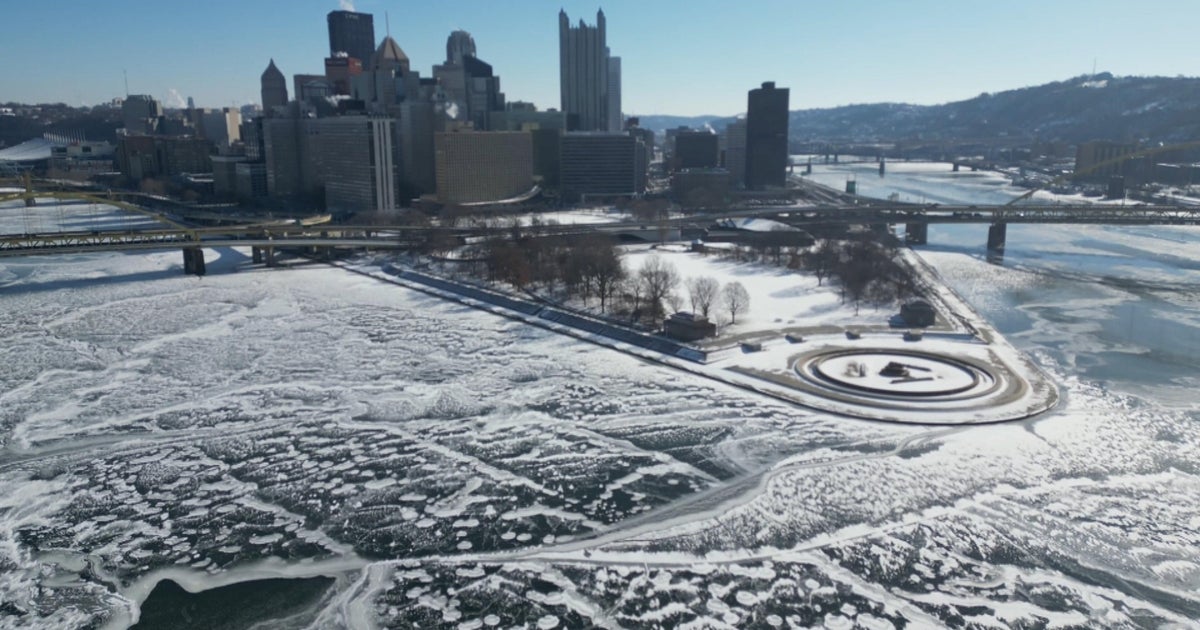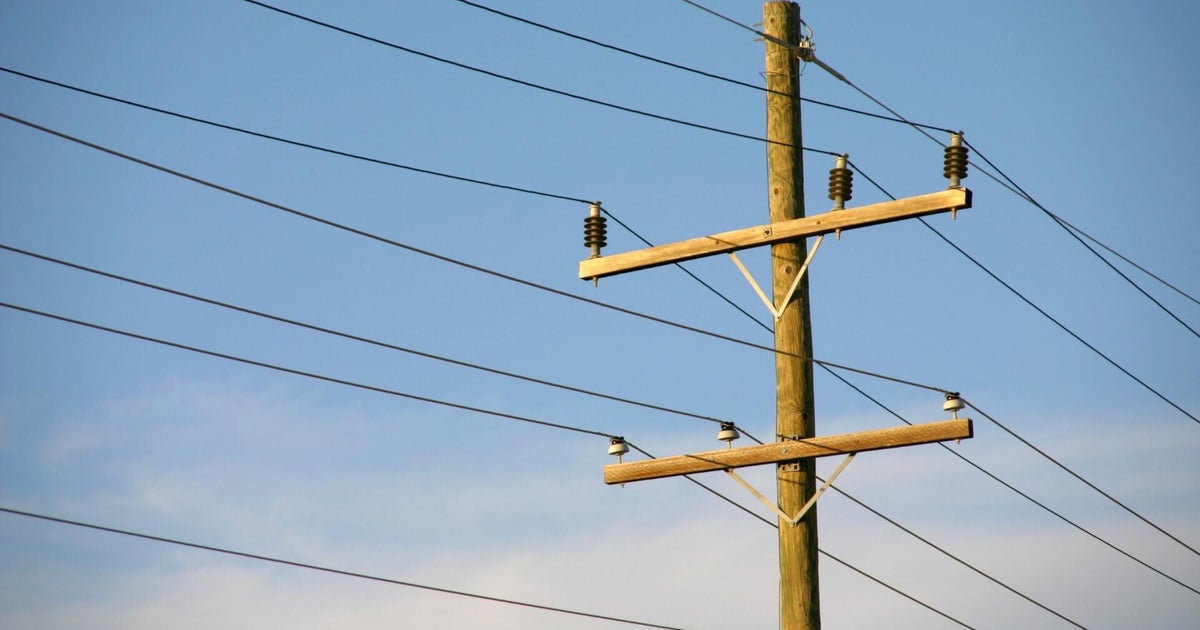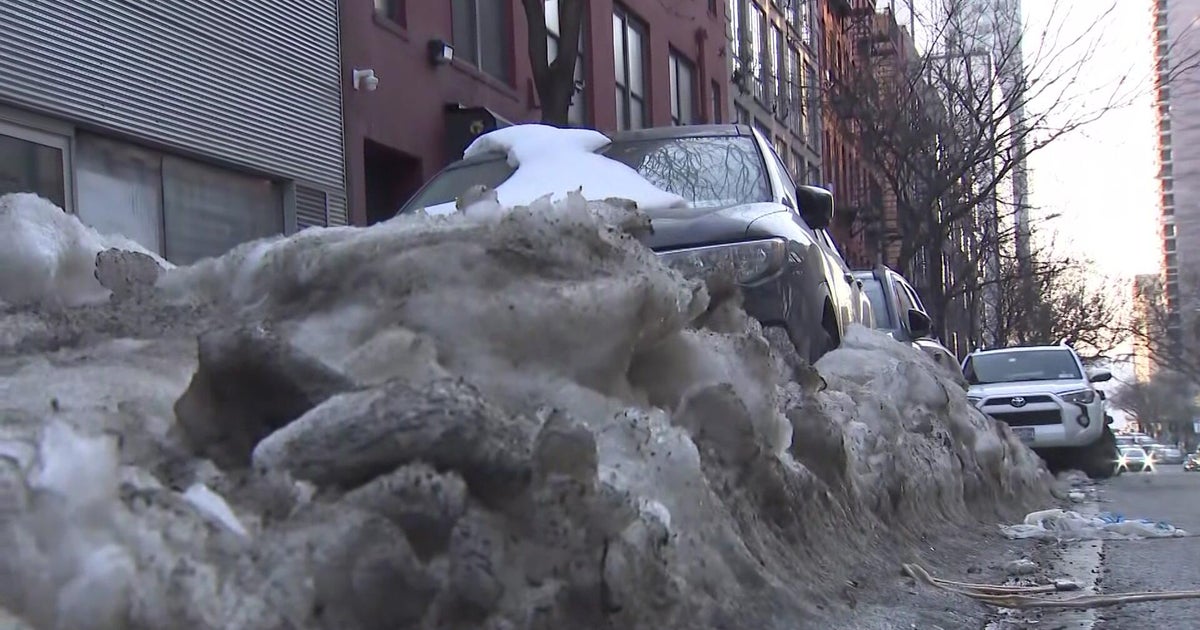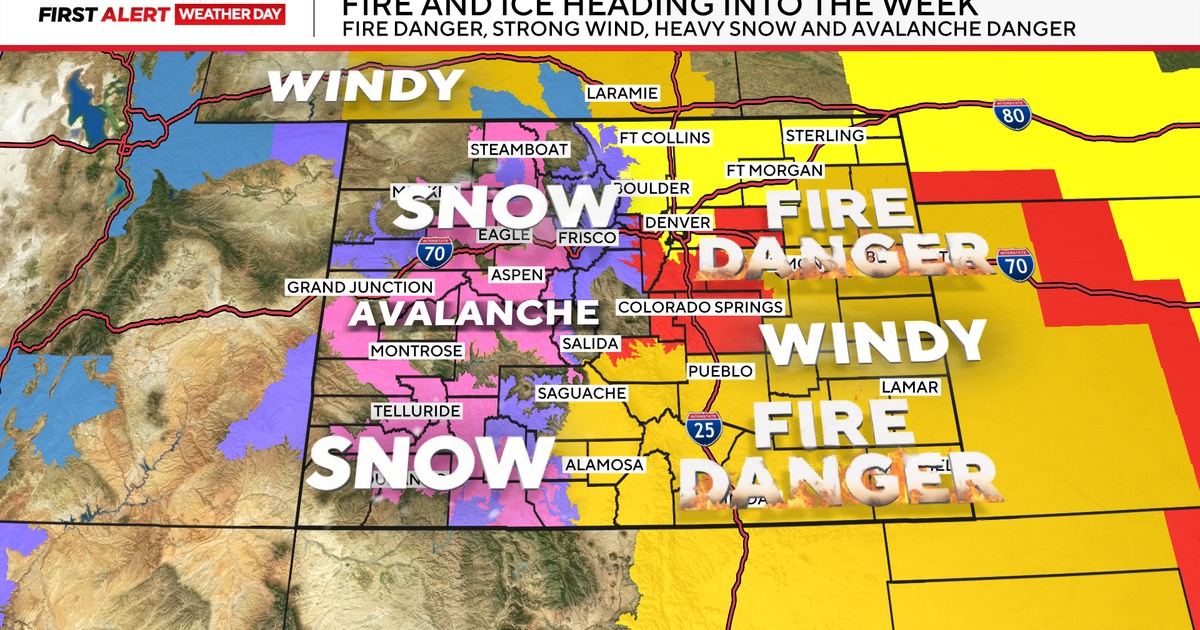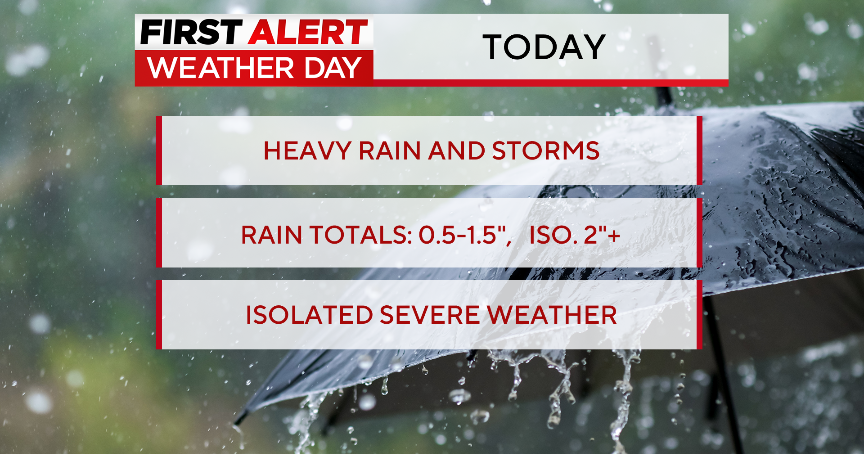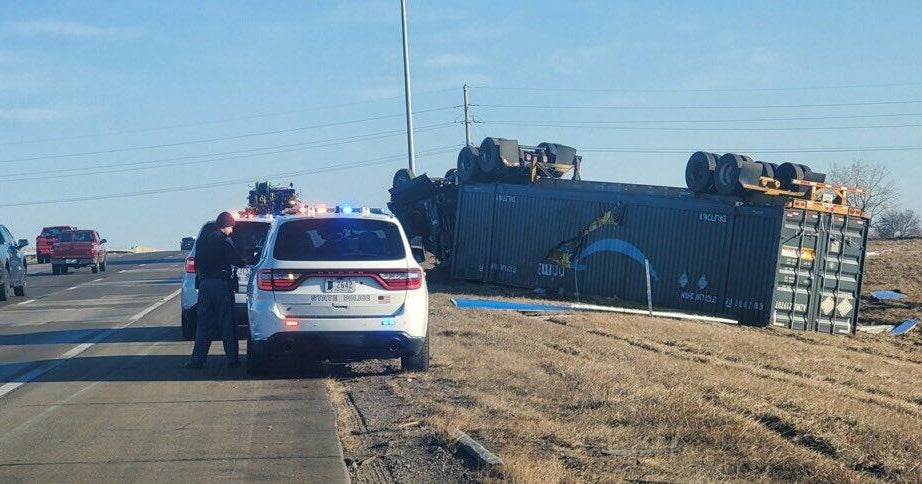Energy Experts: Improvements To Electric And Gas Grids Should Be Looked At Holistically
DALLAS (CBSDFW.COM) - Energy experts say Texas can't just look at the state's power grid operator, ERCOT, and power plant companies when trying to prevent the massive outages last week from happening during future winter storms.
Joshua Rhodes with the Webber Energy Group at UT Austin said leaders also need to look at problems faced by natural gas companies.
"These two major energy sources in Texas, our gas grid and our electricity grid, you know, they're quite coupled in the wintertime, because a lot of that gas goes to make electricity. We need to take a look at both of them together."
Two severe winter storms featuring snow, ice, and bitter cold temperatures statewide resulted in millions of Texans without electricity, heat, and clean water.
Much of the focus last week centered on the dozens of power plants that went offline.
ERCOT leaders said that happened because the plants weren't winterized enough or had other mechanical issues.
They said generators fueled by different sources of energy were impacted including natural gas, coal, nuclear, wind, and solar.
Governor Abbott called on the state legislature to require mandatory weatherization of plants.
Now, there are only voluntary best practices.
The President of the Texas Oil & Gas Association said Monday, Feb. 22, members of their trade group are conducting a top to bottom review of all the issues.
"We know that this weather event impacted everyone from the wellhead all the way to the electric meter. And so getting to the bottom of things is priority number one. Many producers in the field lost production due to power outages, many of them lost production because of hazardous travel conditions that made it impossible to move rigs and equipment and personnel out into the field."
Many natural gas wellheads froze, making it impossible to produce the gas.
Bruce Bullock, Director of the Maguire Energy Institute at SMU said Monday, that one potential fix is to winterize most of the 122,000 wellheads in the state.
He said a 2015 study by the Federal Energy Regulatory Commission, FERC, found that winterizing each wellhead would cost $34,000.
"That turns out to be about $4 billion. So it's not cheap. It's a significant economic cost but that's what would be required if you were to fully insulate that part of the system."
But Staples said that's only one part of the solution.
"We may talk about winterization at the wellhead, if we're not getting the power that we need the gas still doesn't flow."
Despite the challenges, Staples said natural gas provided about 66% of the power mix last week, which is higher than the 45% natural gas provides during a normal year.
"We think that natural gas did step up did carry the load in a very big way."
Staples credited excess natural gas, previously stored in reserve, for providing power plants the fuel they needed during last week's storms.
\"This natural gas storage or feeding the system made a big difference during this winter storm."
He said the industry will now consider whether it needs to add storage capacity.
Bullock said whether additional storage capacity or improvements at the wellheads, the industry will have a lot to consider.
"They're going to have to go down the list of possibilities, look at the cost, look at the accessibility and determine number one, what's the most feasible and number two, what's the most cost-effective."
On Thursday, Feb. 25, the State House and Senate will each hold hearings to figure out exactly what happened, why, and how to keep this from happening again.
WATCH FULL INTERVIEW WITH TODD STAPLES
